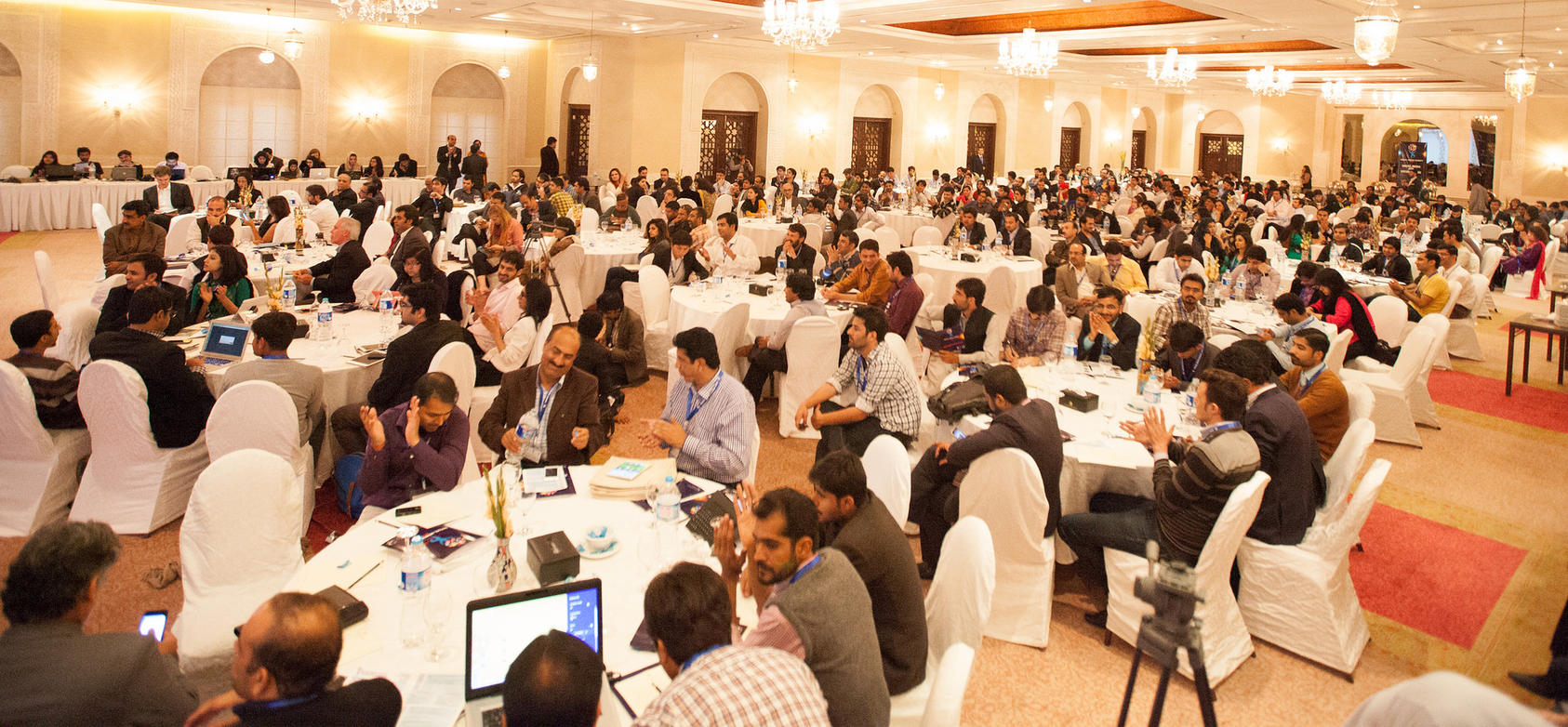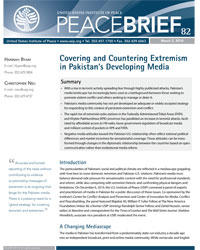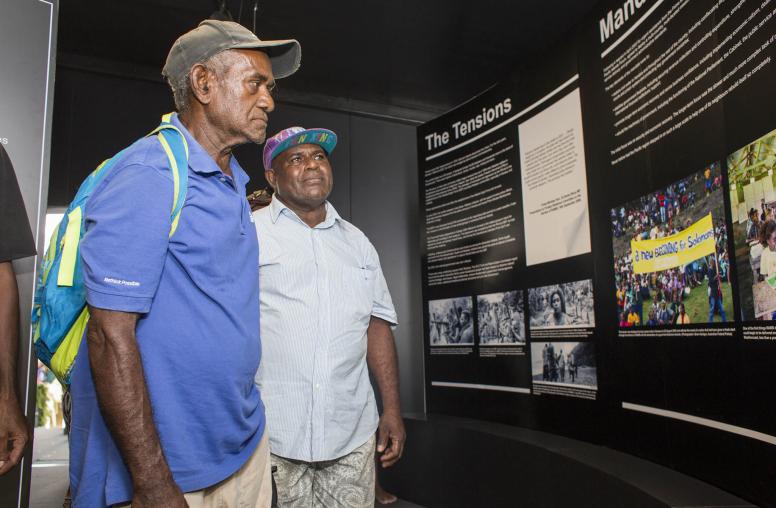USIP will work with local Pakistani organizations on a comprehensive content analysis initiative to produce an assessment of the role of the media in promoting extremist messaging and develop actionable next steps to counter extremism in local media.

Pakistan’s media landscape continues to be fertile ground for those seeking to promote violent conflict. By working with local Pakistani organizations on a comprehensive content analysis initiative, USIP will produce a map of media outlets, with particular emphasis on vernacular media, and the extent to which they broadcast or publish extremist messages. Based on the results of the content analysis, USIP will work with media stakeholders to review the findings and develop actionable next steps to counter extremism in local media. These may include the development of guiding principles, a code of conduct, production of a shared lexicon of inflammatory terms and contexts, production of content to actively counter religious intolerance and extremism, and/or a blueprint for an independent watchdog or media monitoring body. Any subsequent activities will be designed, developed, and implemented by media stakeholders in Pakistan, with USIP providing valuable lessons learned, best practices, and expertise from media initiatives in other challenging conflict environments as requested by Pakistani partners and media interests.
Peace Brief: Covering and Countering Extremism in Pakistan’s Developing Media
With a rise in terrorist activity spreading fear through highly publicized attacks, Pakistan’s media landscape has increasingly been used as a battleground between those seeking to promote violent conflict and others seeking to manage or deter it. This report looks at Pakistan’s media sector and its strategy for responding to this context of persistent extremism and conflict.
Event: Pakistan's Media: Dissecting its Coverage of Extremism, Terrorism and Pakistan-U.S. Relations
On December 6, 2010, this event was co-hosted with USIP's Center for Conflict Analysis and Prevention in order to explore Pakistani media's coverage of issues pertaining to extremism and the war in Afghanistan from the U.S. perspective. Questions arose about whether major Pakistani media outlets have taken a strong enough stance against extremist outfits and what the nuances and differences are in messaging between broadcast and print, and vernacular and English language media?




